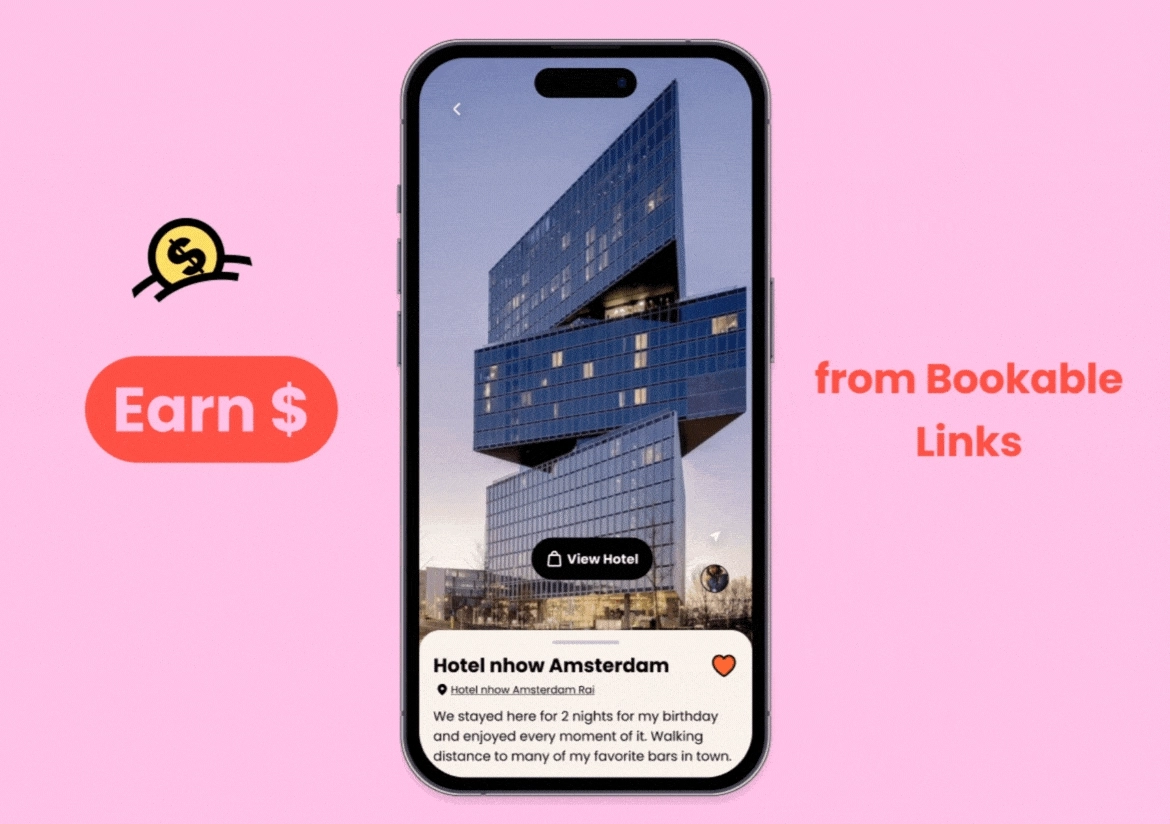Travis is a collaborative and visual travel planning app, for both individuals and travel content creators.
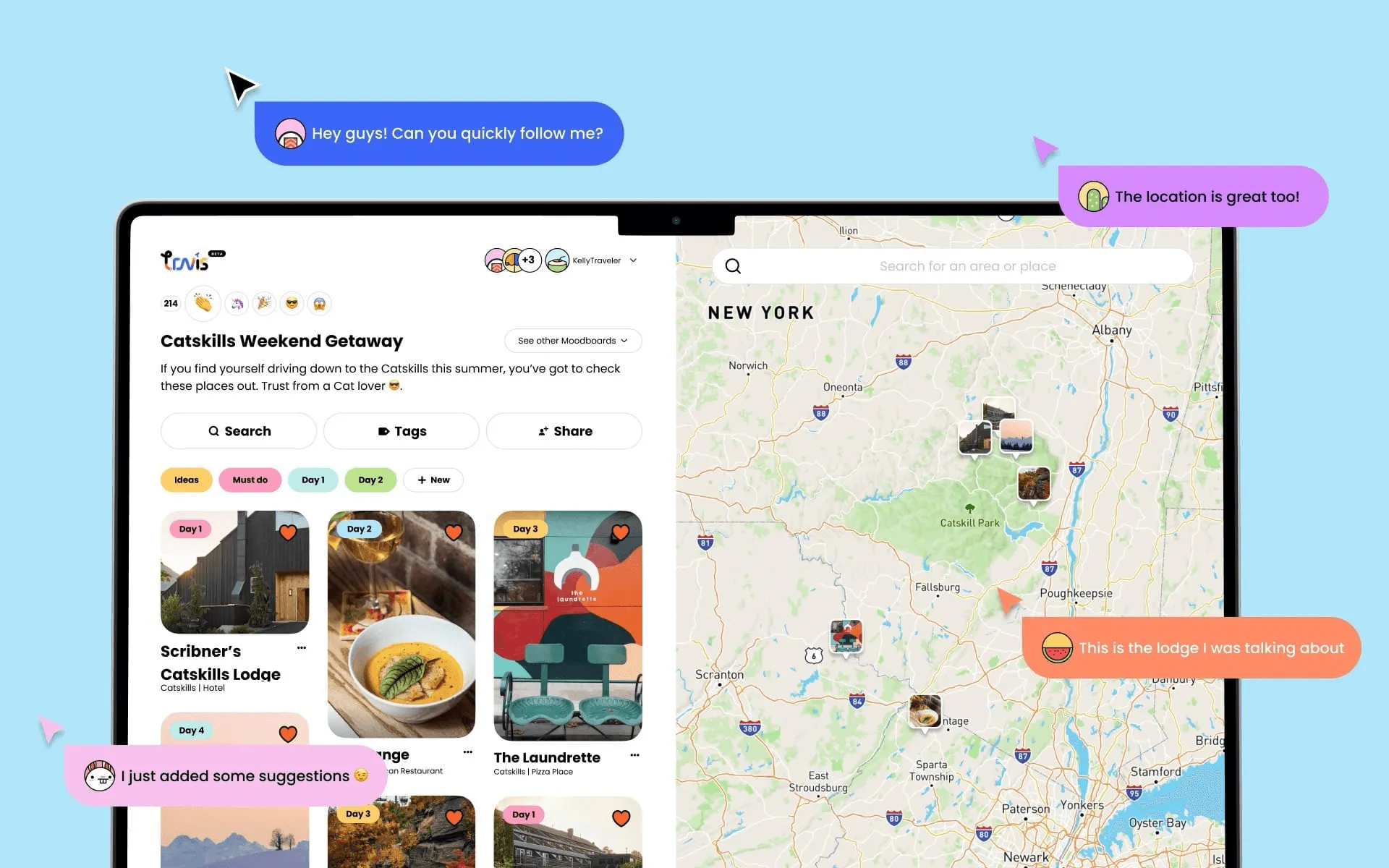
Travellers across the world can find places people love, organise flexibly, collaborate with friends, and chat in real-time.
Travis also enables Travel Creators to earn from travel recommendations by monetising their content with bookable hotels.




My role
I’ve joined Travis as their Chief Technology Officer early stage.
I’ve joined the Startup as #1 employee and C-level executive to lead everything related to technology and engineering, as well as design and build the very first product iteration from the ground.
Some of my responsibilities included driving the technology strategy roadmap and end-to-end development, leading and managing a fully remote and async engineering team, as well as architect a platform ready to scale to millions of travellers worldwide.
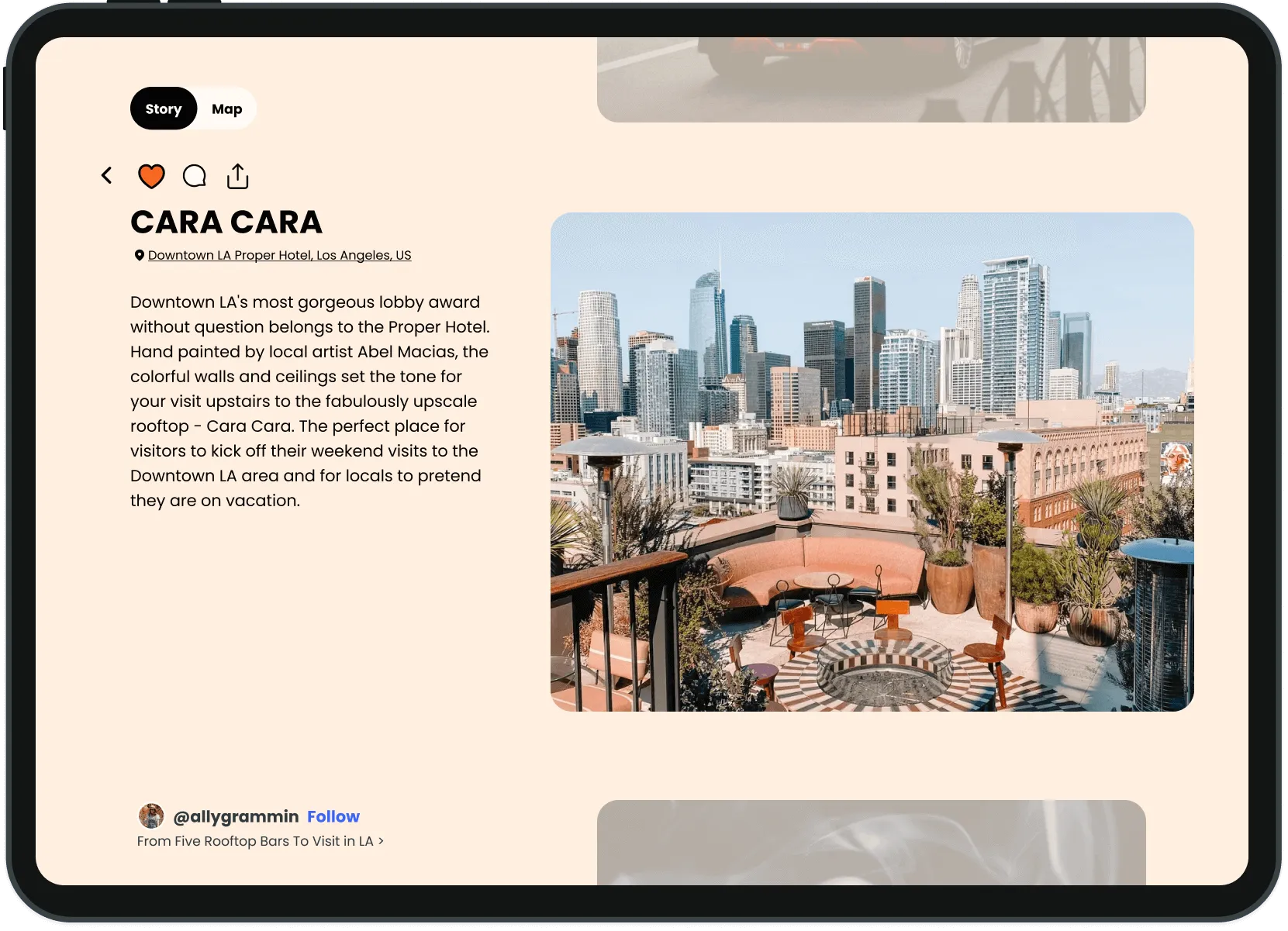
Key results
- Designed, build and launched a beta in less than 6 months. All while being the sole technical person / acting developer during this initial phase.
- Raised pre-seed funding twice, all in the middle of the COVID pandemic.
- Grew the platform from 0 to more than 8,000 travellers and creators, working with extremely limited resources.
- Managed a small but mighty team in a fully remote async setup, working across different timezones.
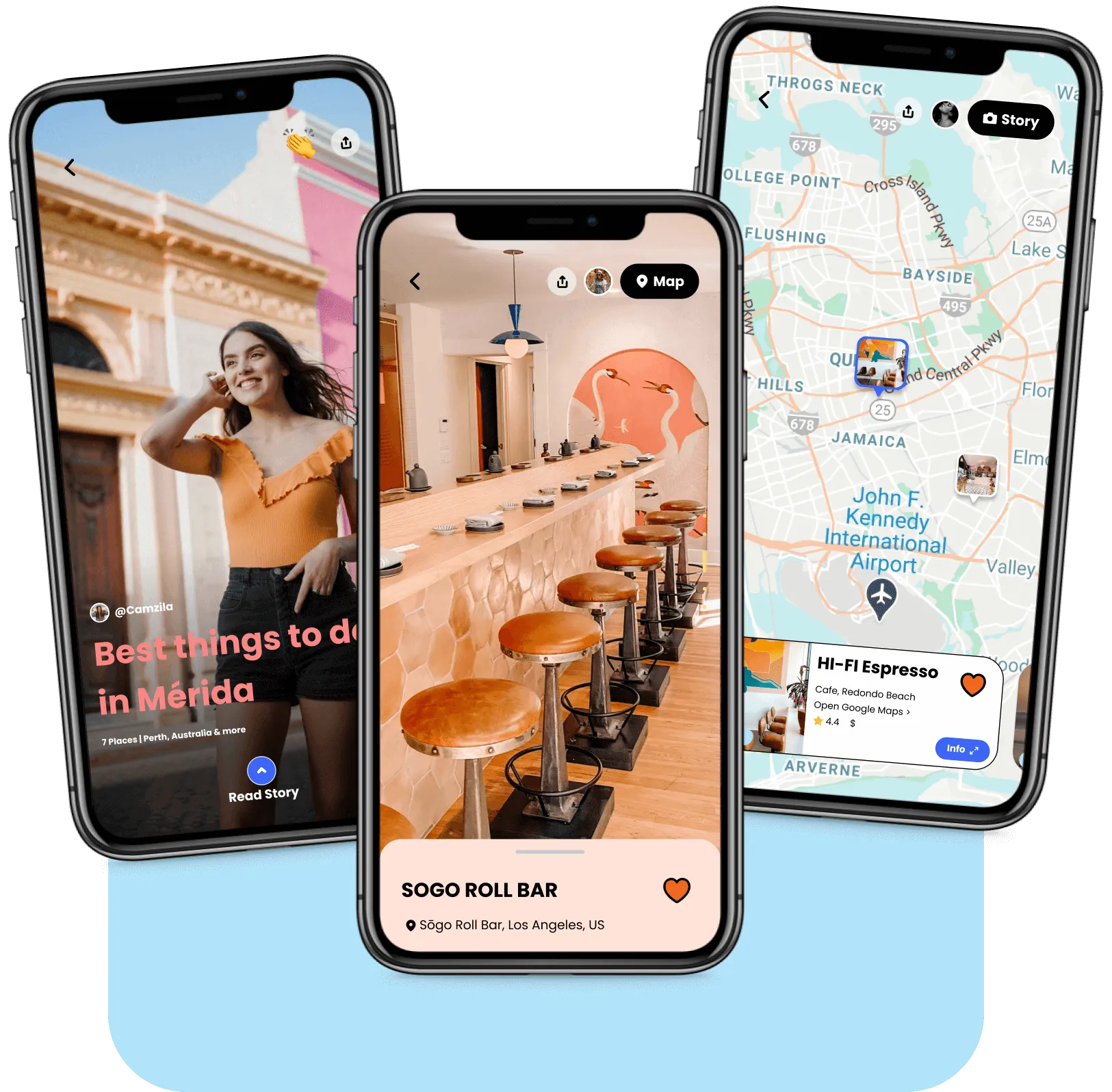
Technology
- Travis web application is built as a Progressive Web App, using Nuxt3 and VueJS. Tailwind CSS is used for styling, TypeScript for business logic, GSAP and Lottie for animations, SSR rendering for SEO, Mapbox for interactive maps, and Vue3 composables to organize code by logical concerns.
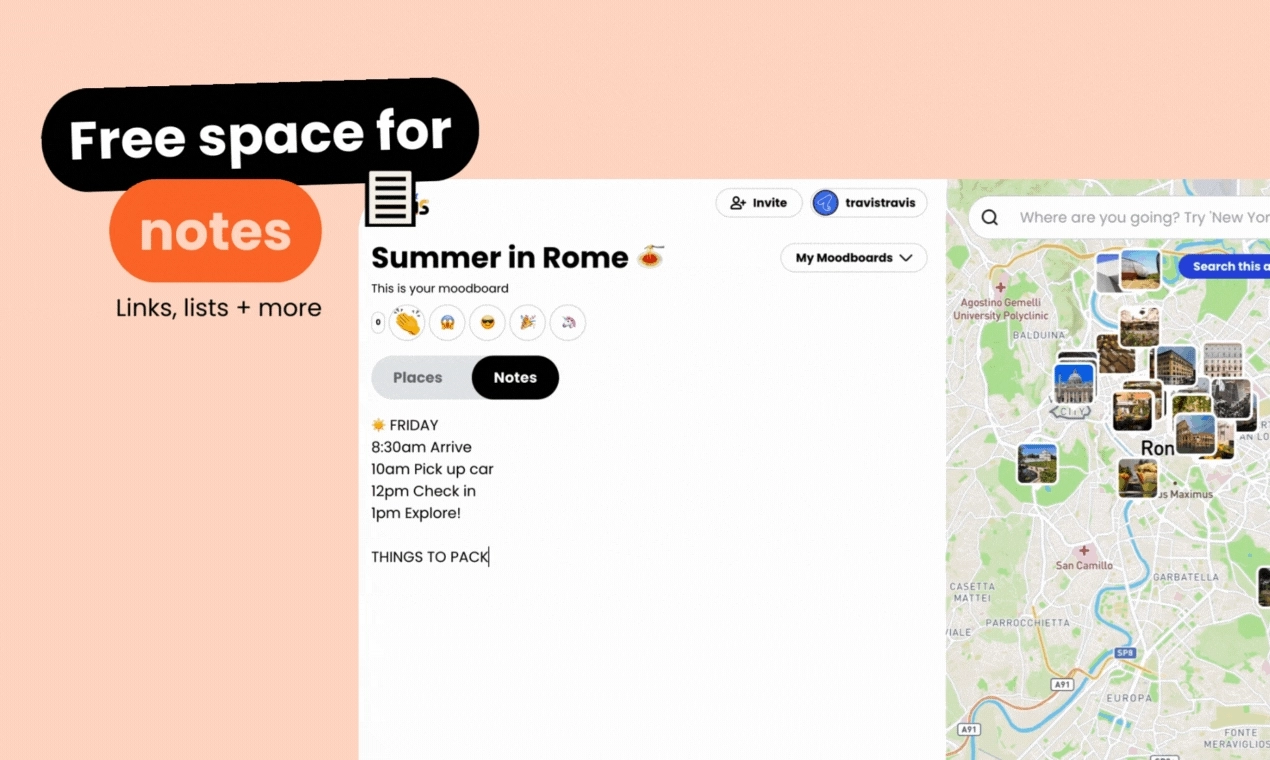
-
The infrastructure is 100% Serverless and deployed on Amazon AWS using infrastructure-as-code and the AWS CDK. Core services include a secure cross-channel GraphQL API, a MySQL Vitess database ready for scale, and a data access layer using Prisma ORM.
-
The Places Data (points-of-interest, hotels, etc) is critical to core elements like real-time search, map-based exploration, user-generated travel content, and creators’ monetization. It’s also the most technically challenging piece of the entire architecture. The end solution is a bespoke multi-layered engine built around third-party APIs including Foursquare Places, Google Places, HERE and Expedia.
